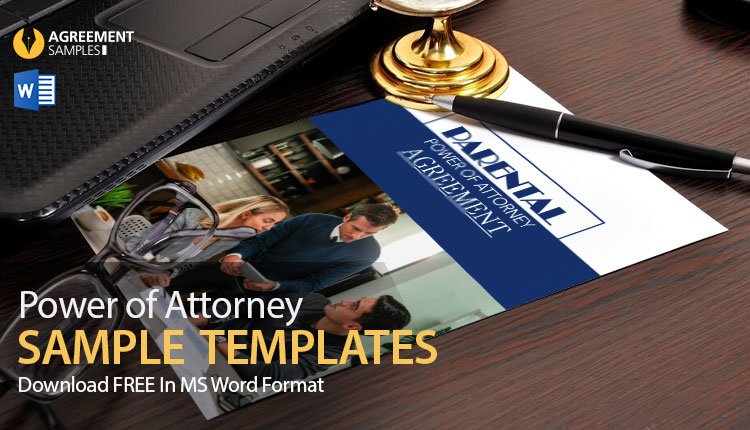We’re here to make managing your legal matters easier with our collection of free Power of Attorney templates, carefully designed to cover all kinds of legal needs. Each template is customizable, so you can adjust the details according to your needs. We also offer cover page options for every template, ensuring that your documents look polished and reflect your unique preferences. Whether you need a General, Durable, Medical, or Financial Power of Attorney, our platform gives you everything you need to take control of your legal affairs confidently.
Empower Yourself Today with Free Power of Attorney Templates!
All these Legal Templates are available in MS Word format, making them simple to edit. With placeholders for easy customization and cover pages to personalize your documents, it’s never been easier to create clear, legally sound agreements.
A Power of Attorney (POA) lets you appoint someone to make decisions for you, managing your financial, legal, and healthcare matters if you’re unable to do so yourself.
Having a Power of Attorney in place is crucial for several reasons:
A Power of Attorney gives you peace of mind by ensuring your affairs are handled according to your wishes, even if you’re unable to communicate them.
A Power of Attorney (POA) is useful when you’re unable to manage specific matters yourself:
A POA ensures trusted individuals can act on their behalf when needed.
Next Article →
17+ Living Will Agreement Templates for Peace of Mind